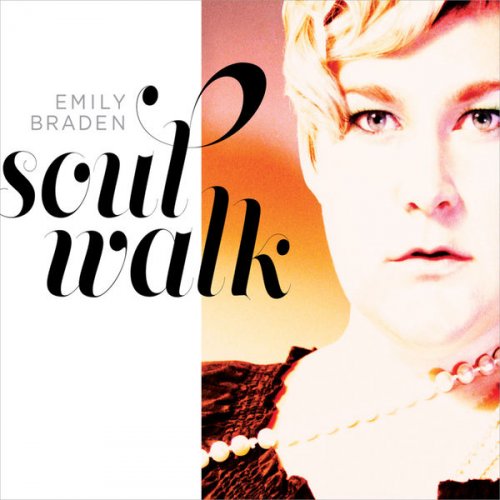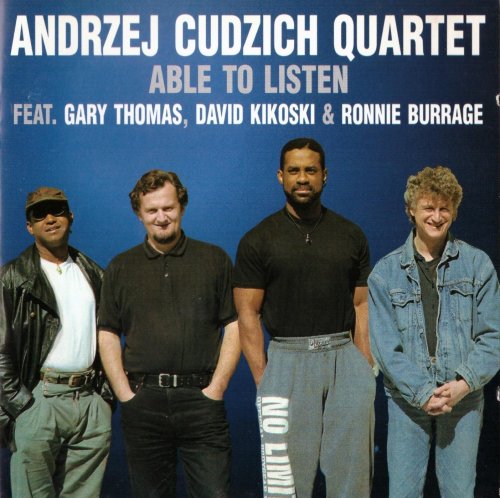Akademie für Alte Musik Berlin - Haydn: L'isola disabitata, Hob. XXVIII:9 (2021) [Hi-Res]
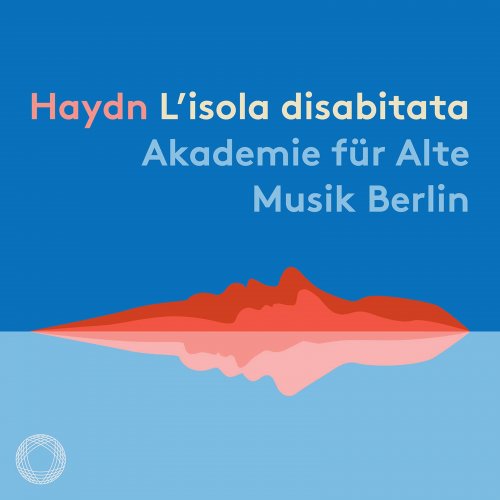
Artist: André Morsch, Anett Fritsch, Sunhae Im, Akademie für Alte Musik Berlin
Title: Haydn: L'isola disabitata, Hob. XXVIII:9
Year Of Release: 2021
Label: PentaTone
Genre: Classical
Quality: FLAC (tracks) / 24bit-48kHz FLAC (tracks)
Total Time: 01:20:41
Total Size: 365 / 830 MB
WebSite: Album Preview
Tracklist:Title: Haydn: L'isola disabitata, Hob. XXVIII:9
Year Of Release: 2021
Label: PentaTone
Genre: Classical
Quality: FLAC (tracks) / 24bit-48kHz FLAC (tracks)
Total Time: 01:20:41
Total Size: 365 / 830 MB
WebSite: Album Preview
01. Overture (7:00)
02. Recitative : Qual contrasto non vince (2:39)
03. Recitative : Ah germana! Ah Costanza! (6:55)
04. Aria : Se non piange un'infelice (3:45)
05. Recitative : Che ostinato dolor! (2:16)
06. Recitative : Ma sarà poi, Gernando (4:15)
07. Aria : Chi nel cammin d'onoro (3:43)
08. Recitative : Che fu mai quel ch'io vidi! (1:37)
09. Aria : Fra un dolce deliro (3:43)
10. Recitative : Ah presaga fu l'alma (6:12)
11. Aria : Non turbar quand'io mi lagno (4:07)
12. Recitative : Non s'irriti fra' primi (6:01)
13. Aria : Come il vapor s'ascende (3:17)
14. Aria : Ah, che invan per me pietoso (4:16)
15. Recitative : Giacché da me lontana (0:21)
16. Arietta & Recitative : Giacché il pietoso amico (2:36)
17. Recitative : Ignora il caro amico le sue felicità (4:31)
18. Recitative : Costanza, Costanza? (3:53)
19. Quartet : Sono contenta appieno (9:44)
There isn’t exactly a plethora of recordings of Haydn’s 1779 opera, L’isola disabitata, about a pair of sisters shipwrecked on a desert island who eventually are rescued respectively by their husband and lover. However that’s perhaps not surprising when you consider its bumpy entry into the world. Penned for the name day of Prince Nicolaus of Esterházy, this is a work that should have been assured of a lavish first staging, but a month before the premiere, the Esterháza opera house went up in flames, meaning the performance instead took place in the palace, quite possibly without scenery. What is more, Haydn himself wasn’t entirely convinced by what he’d written, remarking in later years that it needed to be shortened – in part because of the slow tempo of much of the music. Still, it’s worth remembering that operas which work brilliantly onstage don’t always translate so well into audio-only in one’s living room; whereas operas that feel a bit of a slog in the theatre can suddenly end up sounding a dream from one’s armchair, where plot and pacing is less important than the overall quality of the music and performances.
Happily, this particular recording of L’isola disabitata fits snugly into that latter category. Not least because it’s Haydn’s only opera for which he wrote an orchestral accompaniment for the recitatives; and while Haydn ended up deliberately cutting many of the elaborate instrumental sections from his printed score, fearing they were too demanding for both the players and the audience, Bernhard Forck and the Akademie für Alte Music Berlin have reinstated them all, using a recent edition by Thomas Busse. They’ve then presented them via readings that are unfailingly crisp, warm, committed and eminently convincing.
As for the vocal soloists, these are Anett Fritsch as Costanza, André Morsch as Enrico, Sunhae Im as Silvia and Krystian Adam as Gernando, and all four are so enjoyable that it feels wrong to single out anyone. That said, if you’re looking for highlights then perhaps skip to the “Fra un dolce deliro” from Sunhae Im, which absolutely delivers on what it says on the tin, Im’s bright, supple soprano voice sounding winsomely sweet and sprightly, complemented by some equally lovely woodwind colour. Or there’s the elegantly persuasive “Non turbar quand’io mi lagno” from tenor Krystian Adam.
Essentially, this is a performance that probably would have brought Haydn himself around to this opera’s pleasures. © Charlotte Gardner
Happily, this particular recording of L’isola disabitata fits snugly into that latter category. Not least because it’s Haydn’s only opera for which he wrote an orchestral accompaniment for the recitatives; and while Haydn ended up deliberately cutting many of the elaborate instrumental sections from his printed score, fearing they were too demanding for both the players and the audience, Bernhard Forck and the Akademie für Alte Music Berlin have reinstated them all, using a recent edition by Thomas Busse. They’ve then presented them via readings that are unfailingly crisp, warm, committed and eminently convincing.
As for the vocal soloists, these are Anett Fritsch as Costanza, André Morsch as Enrico, Sunhae Im as Silvia and Krystian Adam as Gernando, and all four are so enjoyable that it feels wrong to single out anyone. That said, if you’re looking for highlights then perhaps skip to the “Fra un dolce deliro” from Sunhae Im, which absolutely delivers on what it says on the tin, Im’s bright, supple soprano voice sounding winsomely sweet and sprightly, complemented by some equally lovely woodwind colour. Or there’s the elegantly persuasive “Non turbar quand’io mi lagno” from tenor Krystian Adam.
Essentially, this is a performance that probably would have brought Haydn himself around to this opera’s pleasures. © Charlotte Gardner

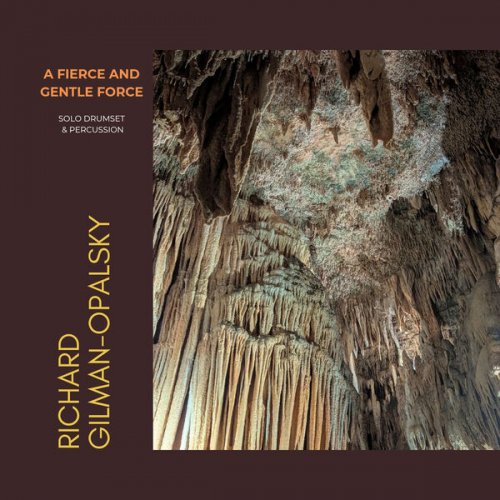
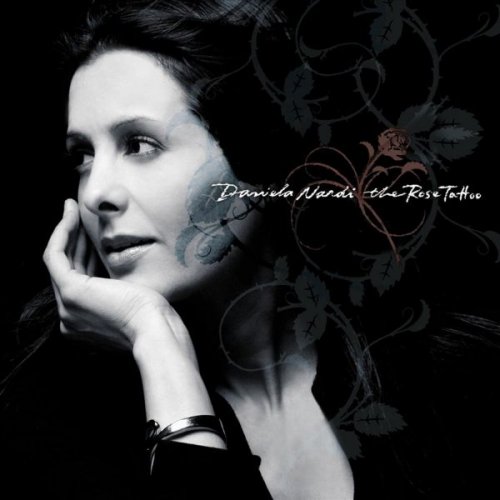

![Vesna Pisarovic - Poravna (2025) [Hi-Res] Vesna Pisarovic - Poravna (2025) [Hi-Res]](https://www.dibpic.com/uploads/posts/2026-02/1770024886_xcr9mudmw50b1it2dr9qpqkv0.jpg)
![Peter Appleyard Orchestra - Percussive Jazz (Remastered) (19602025) [Hi-Res] Peter Appleyard Orchestra - Percussive Jazz (Remastered) (19602025) [Hi-Res]](https://www.dibpic.com/uploads/posts/2026-02/1770205711_papj500.jpg)
![Karin Krog, John Surman, Rob Luft & Rob Waring - Tomorrow's Yesterday (2026) [Hi-Res] Karin Krog, John Surman, Rob Luft & Rob Waring - Tomorrow's Yesterday (2026) [Hi-Res]](https://www.dibpic.com/uploads/posts/2026-02/1770018384_aet0hkqmwovku_600.jpg)
